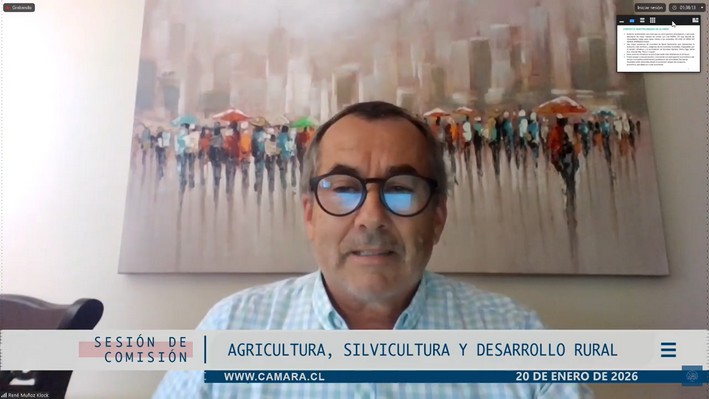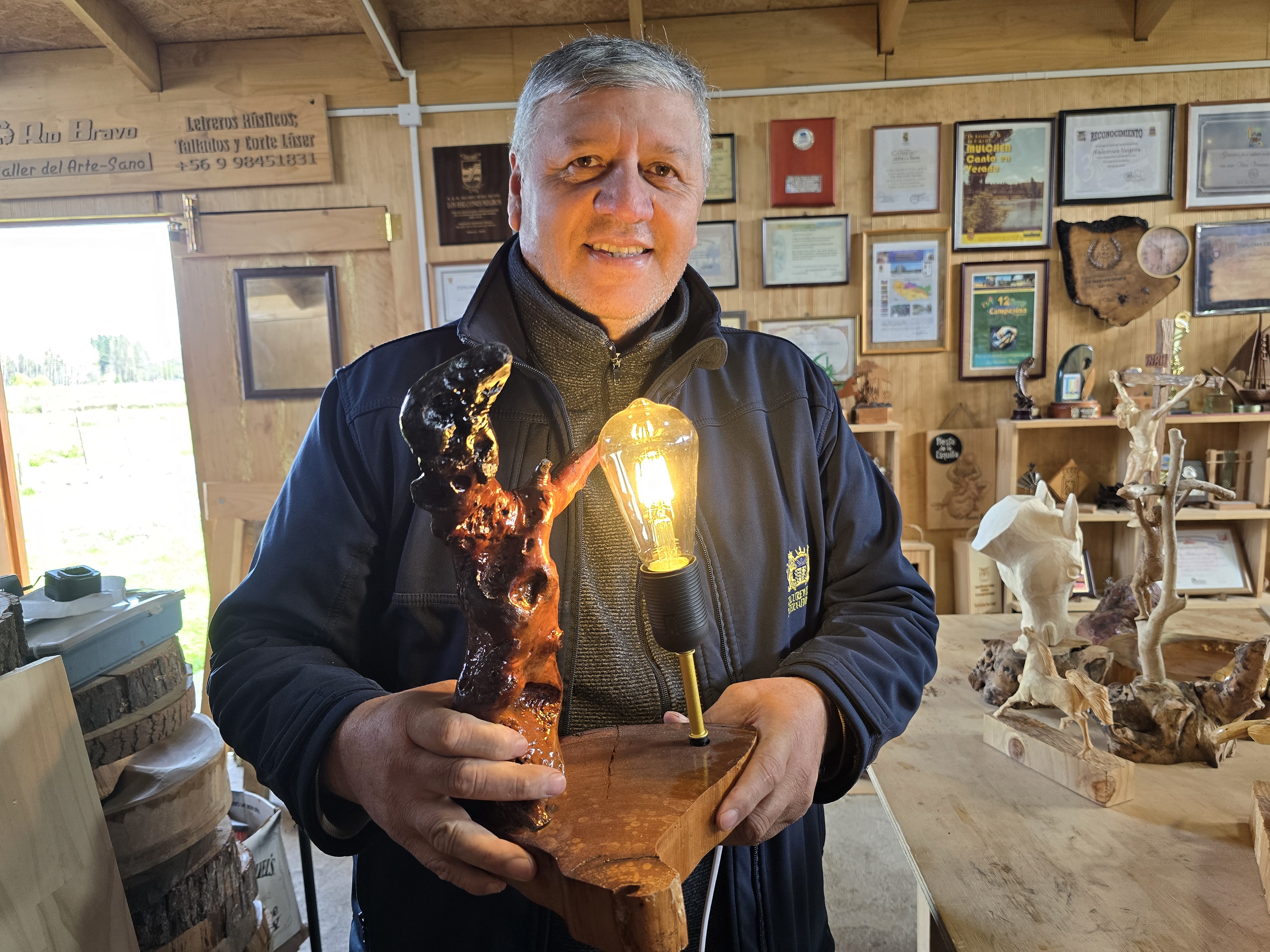In the 1980s and 1990s, the forestry sector was highly dynamic. In addition to large companies driving the sector by introducing new technologies and methodologies, there was a significant number of medium and small enterprises. Professionals attended fairs and seminars, and experts in production, genetics, nurseries, and silviculture—who revolutionized Chile's plantation forestry sector—arrived, explained Alexis Waïner Arditi, a forestry engineer from the University of Chile with postgraduate studies in business administration and philosophy, and a partner at Tripan.
He stated that the presence of more actors encouraged the creation of agreements such as the genetic improvement cooperative, pest and fire protection groups, the production group, the national simulation model, among others. Advances were shared during field trips involving many professionals, who proudly showcased their progress.
"Gradually, smaller companies began to disappear, absorbed by larger ones, and the number of meetings declined. Companies focused on cost reduction, implementing administrative software, and many benefits that once reached a large number of small businesses, contractors, and small industries started to diminish," he noted.
In his view, forest management became concentrated among fewer actors, and the number of owners and stakeholders concerned with protection also decreased. The result: fewer eyes watching, fewer hands caring, and society becoming more susceptible to extreme environmentalist rhetoric, which skillfully, progressively, and persuasively spread a false and highly damaging narrative against the plantation-based forestry sector.
For decades, the emergence of TIMOs (Timber Investment Management Organizations) has helped diversify ownership and generate timber supply for medium and small industries, while also creating jobs for highly experienced professionals who, due to the reduction in actors, had lost employment opportunities and can greatly contribute to the sector's development.
Reasons for Their Presence in Chile
Waïner explained that TIMOs have invested in Chile mainly in assets auctioned by large companies or by recycling existing holdings from others, adding some areas compatible with their geographic distribution, but without significantly expanding planted areas. "Forests, especially plantations, offer attractive returns and a good source of portfolio risk diversification for institutional investors in the long term compared to other traditional investments, with which they are uncorrelated. TIMOs seek investment opportunities in fast-growing forests near industrial consumers, applying discount rates for business evaluation that reflect the risk in each geographic location. Commitment to the environment, social management, and ethical and transparent administration ('good governance') is an essential part of their business philosophy," he stated.
He said the reasons for choosing Chile as an investment destination can be summarized as follows:
Fast-Growing Species:Chile has fast-growing species such as Pinus radiata, Eucalyptus nitens, and Eucalyptus globulus, which allow for quicker economic returns. Additionally, these species are drought-resistant, thrive in poor soils, and are adaptable to various environmental conditions—from dry, eroded soils in the north to the rainy south.
Forestry Industry:There is a mature and diversified nearby industrial infrastructure (in both markets and final products), ensuring a significant portion of timber commercialization. The industry is widely distributed across the country, allowing forests to adapt to the most attractive and nearby consumers.
Investment Environment:Chile still offers significant advantages in legal and economic stability compared to other Latin American countries, enabling mid-term projections with reasonable reliability.
Economic:Forests don’t read financial newspapers—even in the toughest economic times, they keep growing and provide the benefit of optionality (harvesting at the right time). In a world where ideologies dominate development agendas, asset growth depends primarily on the chosen species, climate, and soil, independent of short-term political decisions. Additionally, harvests can be adjusted to demand and favorable economic cycles.
Local Operators:There are reputable, experienced, and knowledgeable local forestry operators to whom forest management can be reliably delegated.
Contributions to the Forestry Sector
In this regard, he noted that investment funds from the U.S., Canada, the UK, the Netherlands, Brazil, and other countries currently manage around 200,000 hectares of fast-growing forests in Chile. This has allowed more forestry professionals to contribute to sustainable forest management while bringing forestry activities closer to communities and small-to-medium forest industries. Their contributions are evident in several areas:
Forestry Industry:TIMOs are now a key source of volume for independent wood processors, especially in the SME segment. Large companies have struggled to sell logs to this segment due to severe shortages caused by the mega-forest fires of 2017 and 2023 and the extreme violence in the Araucanía Region.
Environmental and Safety:Nearly all forest assets managed by these funds hold internationally recognized certifications and have incorporated significant uncertified areas from small landowners.
Social:Their engagement with local communities is notable, adopting a good-neighbor policy that fosters trust through face-to-face interactions and continuous problem-solving.
Economic:Optimizing assets in greater detail leads to identifying the best alternatives for forest products, which are not always prioritized by large companies. Forestry investments have shown low correlation with other major investments. Few investments have the intrinsic, proven ability to preserve capital during inflationary periods. For patient investors, population growth and rising living standards ensure sustained global demand for wood products (evidenced in sanitary products, textiles, and construction materials).
Integrity:TIMOs, driven by their institutional investors' mandates, generally exhibit exemplary behavior in integrity, setting standards in environmental protection, worker and community respect, and ethical, transparent management.
"We hope TIMOs' presence in Chile grows in the future, contributing their management system to make forests available to society, offering responsibly produced and useful products, goods, and services," he concluded.







Comments (0)
No comments yet. Be the first to comment!
Leave a comment